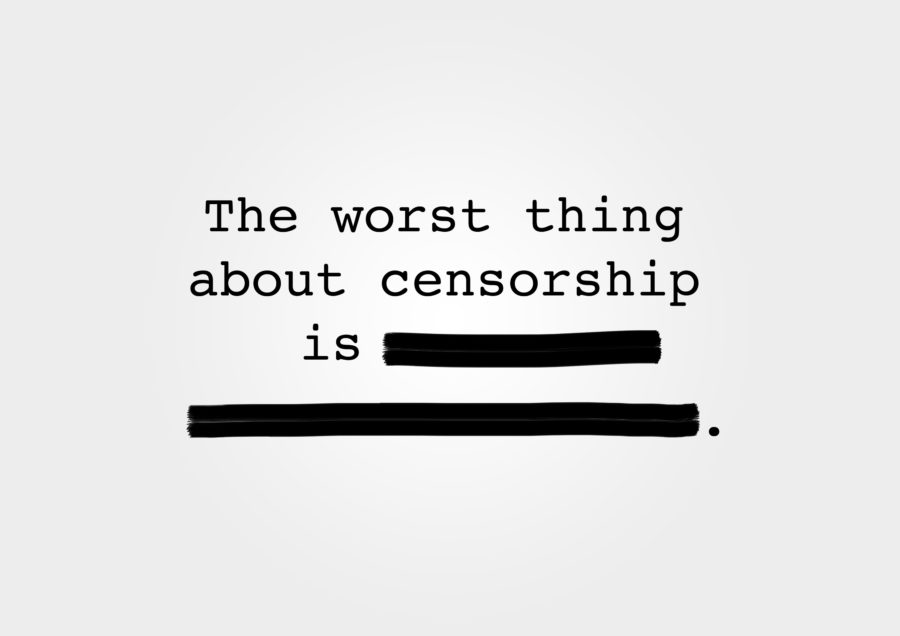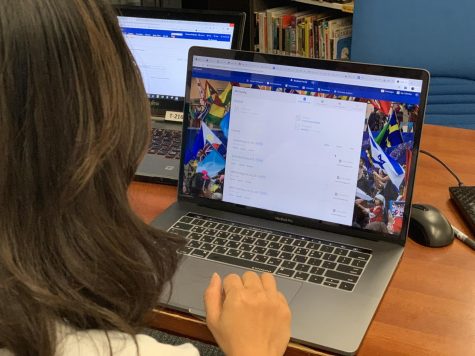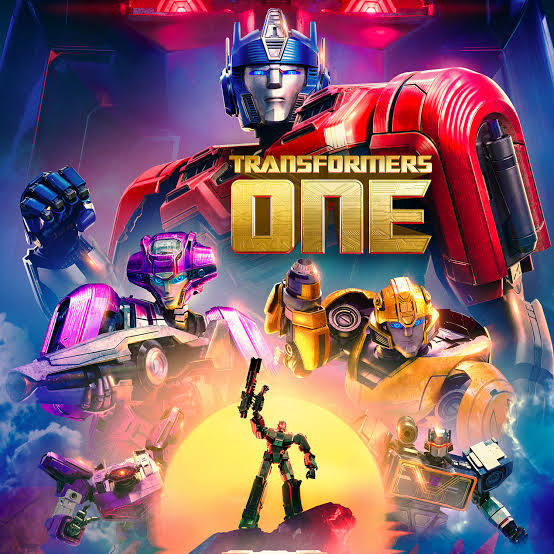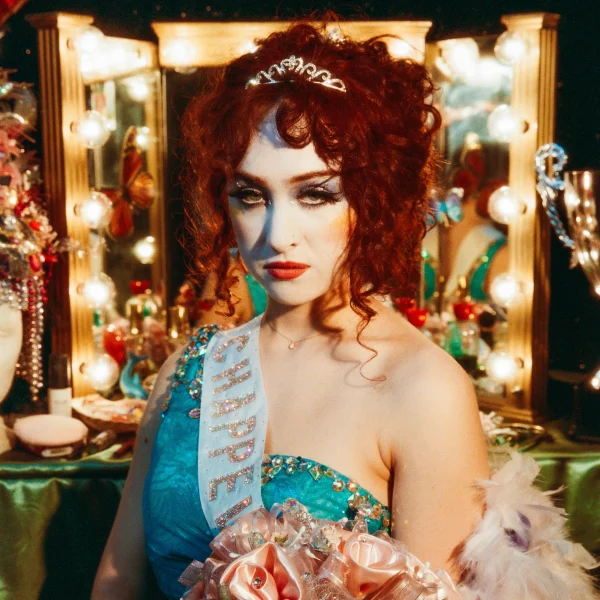Website Censorship at UNIS: What Gets Filtered and Why
Censorship in schools, especially in UNIS, is a complicated situation. There are so many variables that affect how we, as students, are being educated. Censorship usually exists through the removal of materials in our learning processes, especially our online web surfing. Materials are blocked based on what administration and parents deemed inappropriate, ranging from nudity to sensitive political content. However, does censorship really protect us, or does it merely hide from us worldviews other than what the curriculum wishes for us to know?
I only started to realize what a nuisance censorship was upon reaching Grade 11. It did exist before when I was in Grade 10 and even earlier, but I suppose that we were not required to research such controversial subjects. Increasingly, however, I find that a lot of the websites I need to complete my research have been blocked – namely websites regarding political agenda (for history – democracy versus totalitarianism, etc.). Moreover, during subjects such as English, many of the videos we are required to watch are also blocked or restricted, although they are not inappropriate in any way. Of course, teachers are able to approve the videos for students; however, this inconvenience often leads me to question (maybe other students as well) how UNIS decides on what to censor, because it seems as if much of what is censored can give us a fuller scope of what is actually going on in the world around us (e.g. Syrian chemical attack).
Invested in the topic, I interviewed Mr. Ed Gilbreath, the Technology Director at UNIS , to find out more about the censorship process at UNIS:
How do you decide what is appropriate to block or censor in UNIS?
5 years ago, there was no filter. That made me nervous, especially for younger kids, because I don’t want them to get into areas of the internet that I have to spend a lot of time trying to get it out of their minds. We talked to parents and decided on a filter, there wasn’t much available, so we decided on Webroot. We asked parents which categories they would like to see filtered.
Are the restrictions the same across Elementary, Middle school, and High school students?
No, we are more restrictive in elementary, we open up a little bit for middle school, and open of quite a bit for high school. Ultimately, we filter primarily, violence, gaming (somewhat), pornography, and downloads of things that are kept to break our security.
In our classes, a lot of teachers have been complaining about censorship. As we grow older, we look at more real life situations, so how would you explain censorship?
That’s a teacher choice. All they have to do is choose to ask for it to be unblocked if they deem it appropriate. Once again it is down to the categories, so I would need to see the message that comes up. Exactly what message do the materials communicate. My dream would be no filter, but this would mean that people would need to be ready to have discussions.
If someone breaks the rules of censorship? How do you handle it?
You’ve got the responsible use agreement, and we take it on a case-by-case basis. It’s just like any violation, you’d have to spend time with the principal or deputy principal, explaining why you chose to do what you chose to do.
You mentioned something very interesting earlier – no censorship at UNIS? You would like for students to be able to access anything they wanted?
Yes, but if we do that, we would have to have conversations sometimes when they don’t make the choices that are best for them or for UNIS.







